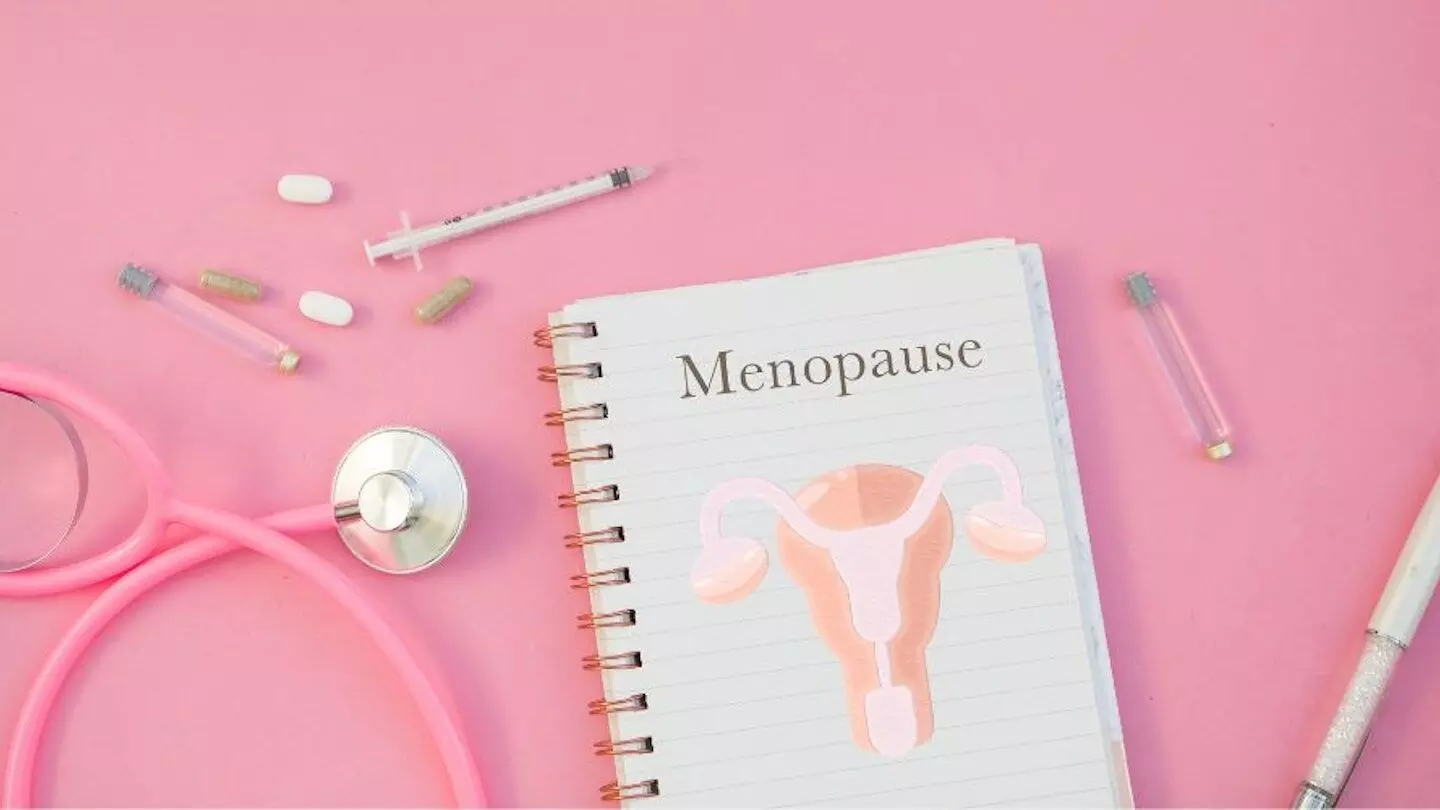Managing Menopause: Lifestyle tips to ease symptoms, overcome challenges
Perimenopause is the condition when the symptoms of menopause start but periods continue
By Neelambaran A
Representational Image.
Hyderabad: Excessive body fat accumulation, which can negatively impact health, leads to complex, long-term medical conditions called obesity while being overweight is the excessive deposit of fats.
These two conditions can adversely affect the health of adults, particularly women in the menopause stage. With the Lancet study identifying the tripling of obesity in adults in the last five decades, women remain the most affected.
Obesity has been found to increase perimenopausal symptoms, including weakness, joint pain, hair loss, sexual dysfunctions and heart palpitations. The absence of oestrogen hormones during menopause, while the lifestyle problems contribute massively to the weight gain and further complications.
Hormonal changes and challenges during perimenopause
While menopause is the absence of periods for more than one year, perimenopause is the condition when the symptoms of menopause start but periods continue. These symptoms can extend for a duration of three months to more than a year.
“Weight gain is common during menopause and perimenopause. The reduction in oestrogen and progesterone hormones during perimenopause leads to gains in weight around the abdomen,” said Dr Saroja Banothu, consultant obstetrician and gynaecologist, BirthRight by Rainbow Hospitals.
The changes can lead to several health conditions, requiring utmost caution since organs including the uterus can be affected.
“The reactions can lead to precancerous conditions like endomatic hypoglycemia and ovarian cancer. The perimenopausal conditions can severely affect the daily routine of the affected individual,” said Dr Hemalatha Reddy, consultant obstetrician and gynaecologist at Kamineni Hospitals, LB Nagar, Mansoorabad.
Lifestyle changes essential
Generally, the menopause or perimenopausal symptoms begin in the age group between 45 to 50 years. This brings in metabolic changes, calling for a change in lifestyle including change in food habits and physical activities to maintain healthy weight.
“The muscle mass reduces with increase in age and hence the fat increases resulting in reduced burning of calories. If the food habits remain the same the weight gains will further increase,” Dr Saroja said.
Experts advise women of the age groups to consume fewer calories, lower quantities of processed food, high fibre and plant-based foods, besides carrying out physical activities to maintain a healthy weight.
“They have to cut down sugar, smoking and alcohol consumption, maintain hygiene during menopause and perimenopause conditions,” Dr Saroja added.
Hormone therapies
Since the body stops producing oestrogen during menopause, it can be replaced through pills, gel or vaginal supply.
“Even then the large fat deposits in the adipose tissue reduce the oestrogen secretion. This can reduce the effectiveness of the injected hormones,” Dr Saroja said.
However, there are risks associated with hormone therapies including heart disease, stroke, blood clots and cancer.